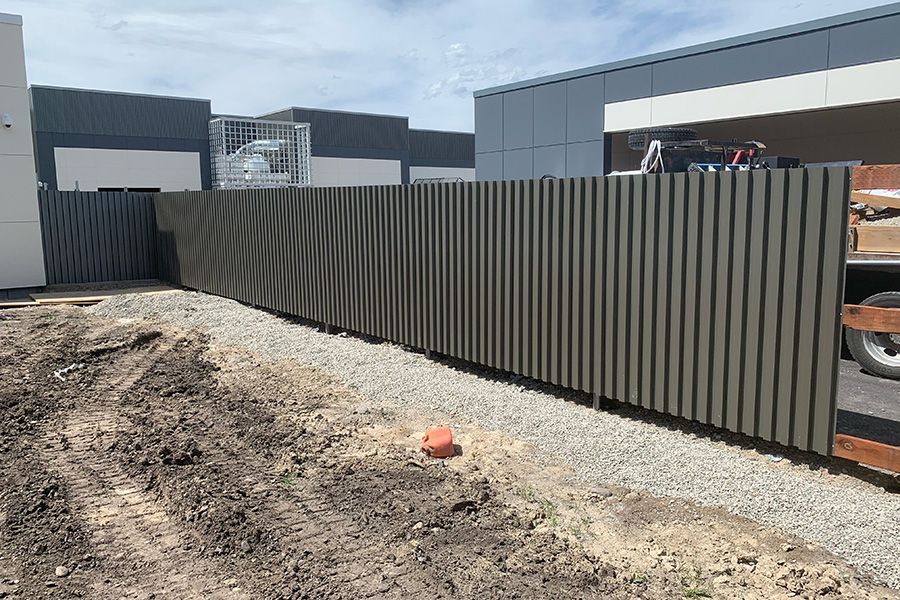Vinyl vs. Wood: A Comprehensive Overview
When choosing a fence for your property, vinyl and wood are the two most popular options. Each comes with distinct benefits and limitations, making it important to weigh your priorities, aesthetic desires, and budget.
We’ll guide you through the essential aspects of vinyl and wood fences to help you choose the material that best suits your home.

Why Choose Vinyl Fencing?
- Durability: With excellent resistance to weather conditions, pests, and rot, vinyl fences are built to last.
- Low Maintenance: Because vinyl doesn’t need painting or staining, it requires very little upkeep, making it a hassle-free option.
- Cost: The initial cost of vinyl fencing may be higher, but its low maintenance costs make it a more economical choice over time.
- Drawback: The lack of variety in color and style can make vinyl fences less versatile in terms of design.
Wooden Fences: Pros and Cons
- Aesthetic Appeal: The natural, rustic look of wood fences can be enhanced with various paint, stain, or finish options to suit any style.
- Cost: In terms of initial cost, wood fences are typically less expensive than vinyl fences.
- Maintenance: To keep wood fences in good condition, you must regularly paint, stain, and repair them to avoid issues like rot and pest damage.
- Lifespan: The lifespan of a wood fence can be shorter, particularly in areas that experience harsh weather or humidity.
Which Fence Offers Better Value: Vinyl or Wood?
Vinyl fences often come with a higher upfront cost but offer long-term savings because of their low maintenance. Wood fences are more affordable at the start but can incur additional costs due to ongoing maintenance.
If you’re planning for a long-term investment, vinyl may be the better value. For short-term needs or projects with a tight budget, wood can be a more economical choice.
Environmental Impact of Vinyl vs. Wood Fences
Wooden fences are often seen as more eco-friendly due to the renewable nature of wood. However, chemically treated wood may have a higher environmental impact. Vinyl, while not biodegradable, can last much longer, reducing the frequency of replacement.
You can also make a more environmentally conscious decision by opting for sustainably sourced wood or recycled vinyl.
